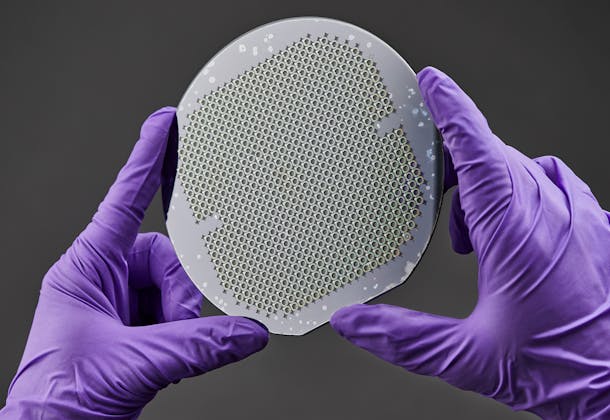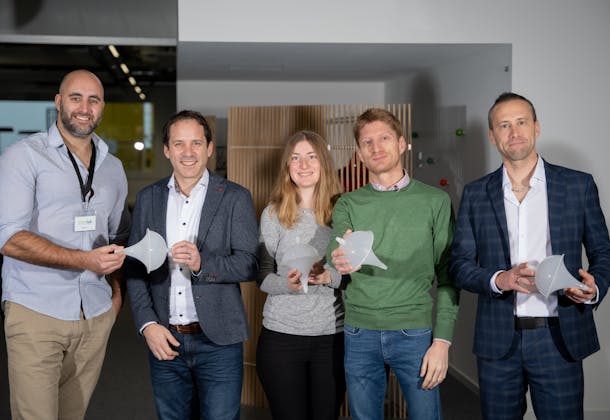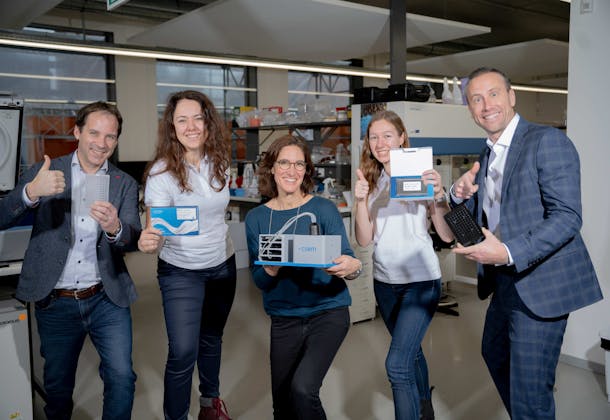June 18, 2024
Neuchâtel expects 450 Time and Frequency specialists to attend the EFTF2024
The European Frequency and Time Forum (EFTF) is a congress in the time & frequency domain. 450 researchers and technologists from academia to research centers, metrology laboratories and manufacturers, service providers, operators, application developers, defense timing and standards bodies attend a series of plenary and invited sessions, oral and poster presentations, and a dynamic industry exhibit.

© FSRM, Ted Byrne - Professor Serge Haroche presents at EFTF 2014 in Neuchâtel


